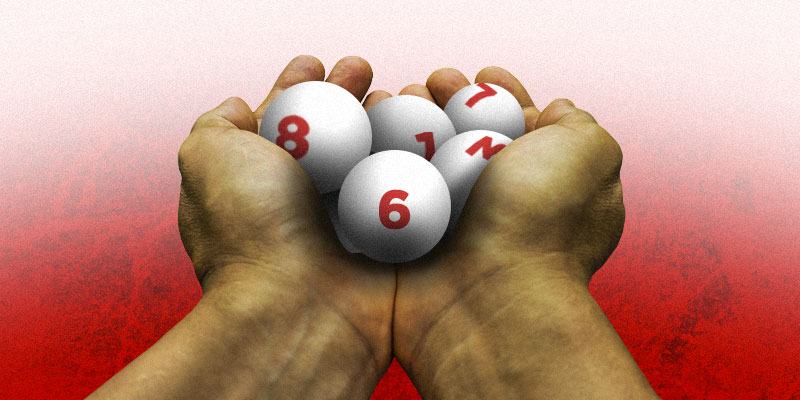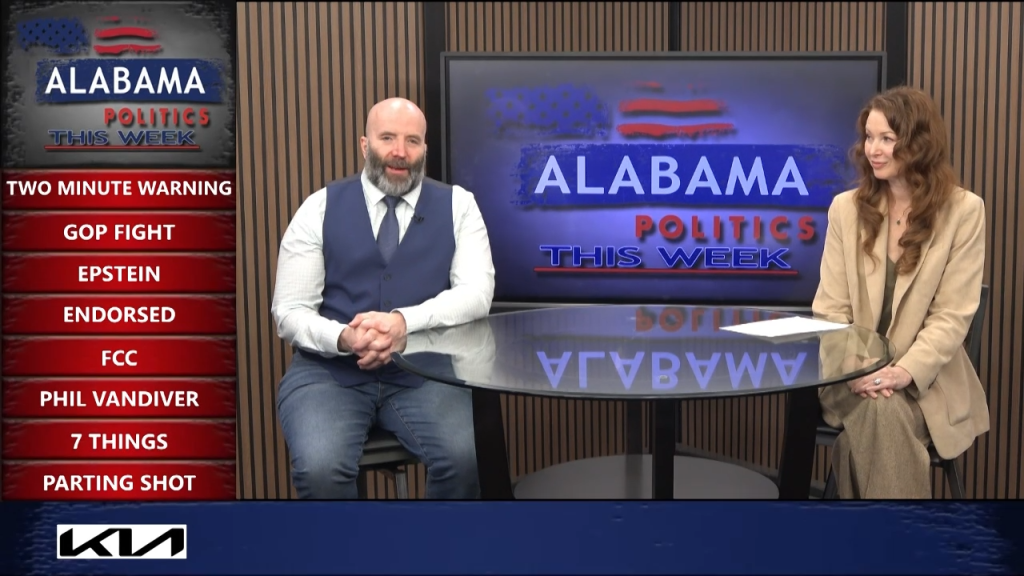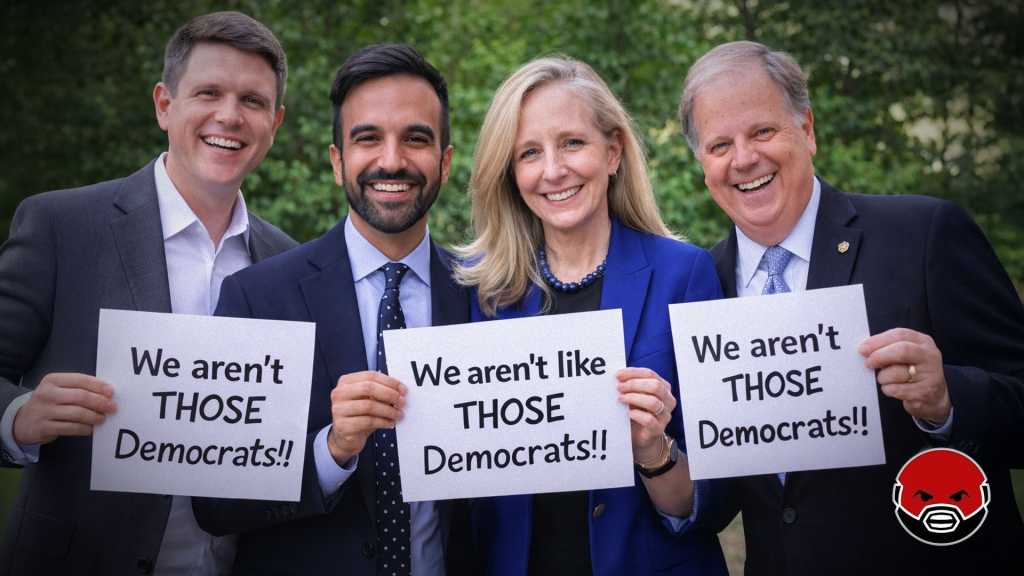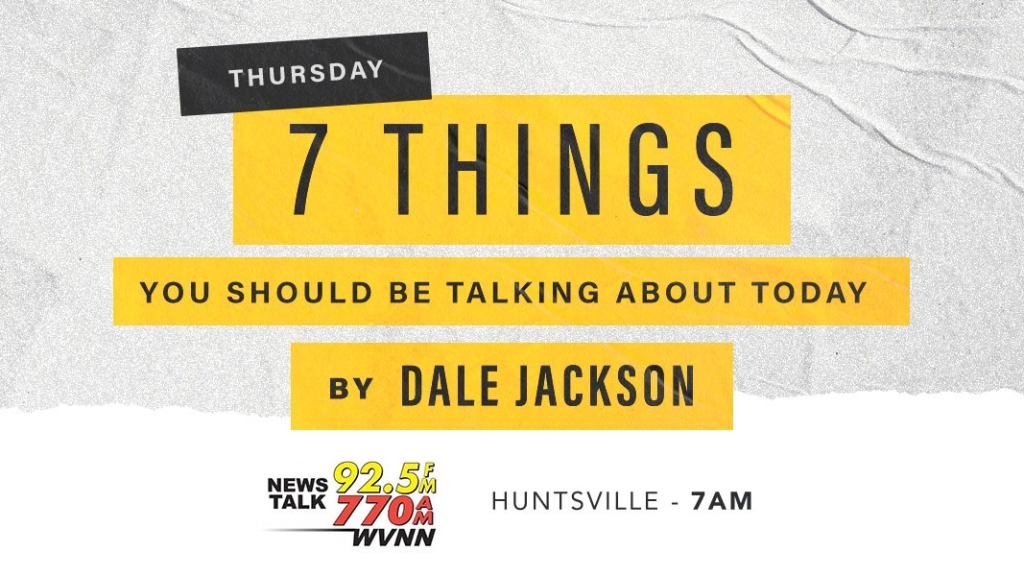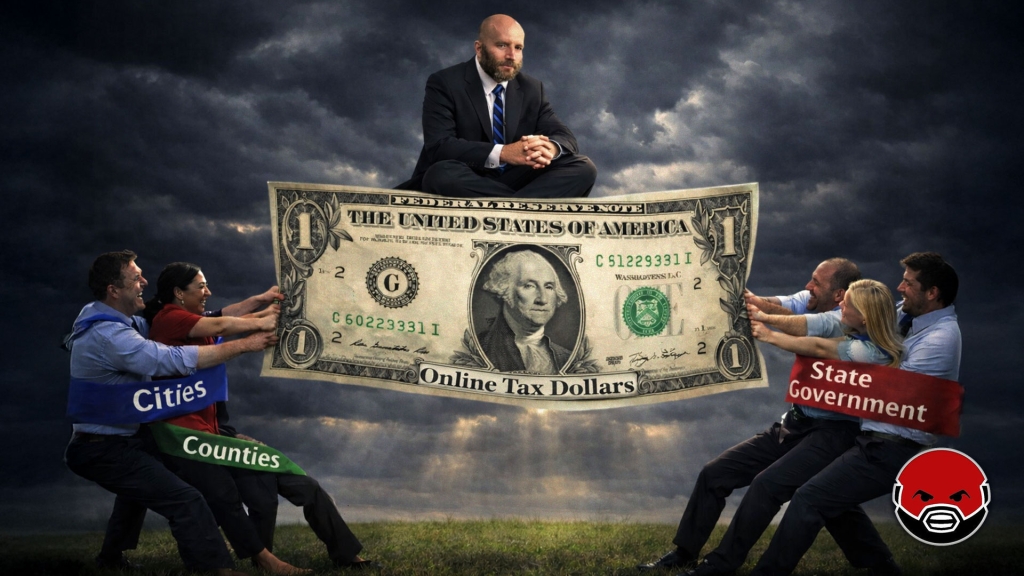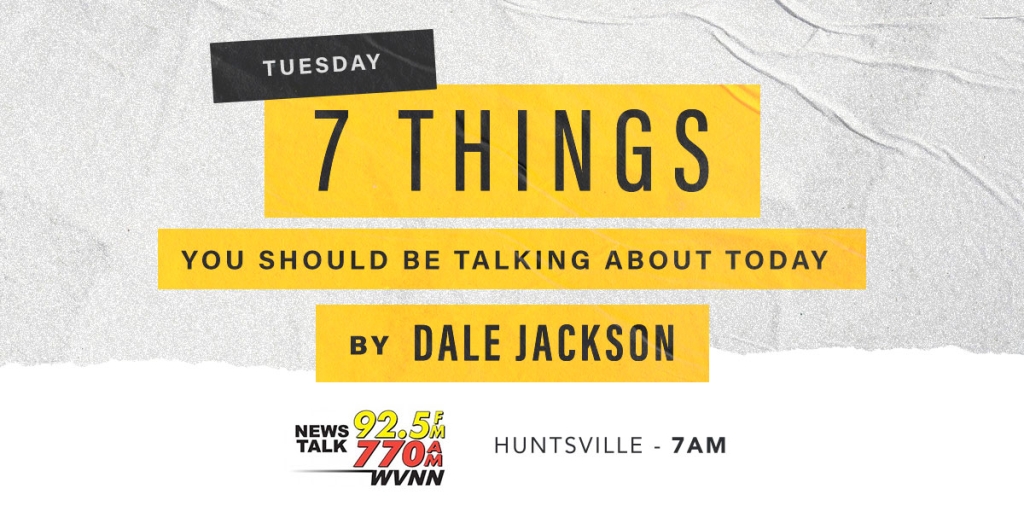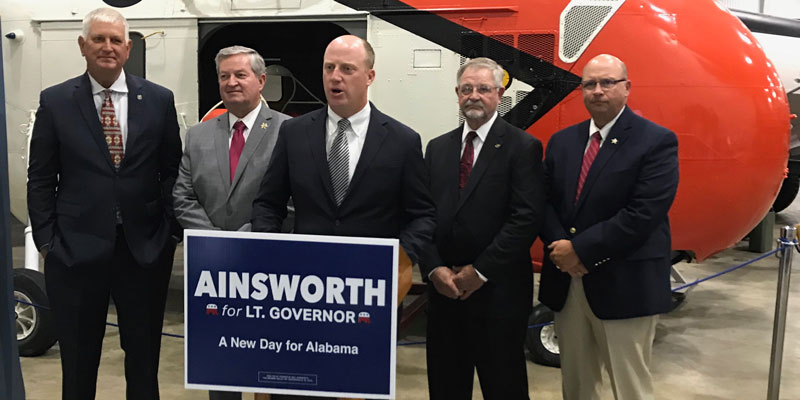We often hear that the rich should be made to pay their “fair share,” but the top 20 percent of earners are already paying about 84 percent of our nation’s income taxes.
Some say that’s a reasonable apportionment from each according to their ability, but here’s a modest proposal for consideration: maybe it’s time for the poor to actually start paying their fair share in taxes.
Outrageous? No more than feeding our unwanted children to the rich. But still, how can we tax the poor without seeming like a monstrous mix of Ebenezer Scrooge and Montgomery Burns?
Politicians in Alabama — both Democrats and an unfortunate number of Republicans — have finally found the secret answer: a lottery.
You may be skeptical that a lottery could deliver additional revenue on the backs of the poor, but other states have experimented with them for decades and have thoroughly perfected the trick.
Duke University found that the poorest third of households buy more than half of all lottery tickets, and a University of Buffalo survey showed that the lowest fifth on the socioeconomic scale had the “highest rate of lottery gambling (61 percent).”
Studies in Texas, Connecticut, South Carolina, and Minnesota also show that those with below-average incomes purchase a majority of scratch-off tickets. That’s partly because, as the Duke study found, poorer neighborhoods are saturated with get-rich-quick lottery advertisements for games with tempting names like “Win for Life, ” “Golden Ticket,” and “Holiday Cash.”
And get this: a study in California found that lottery sales actually increase with poverty rates. It’s recession proof!
We get to hook their children, too. A Yale University study revealed that “receipts of scratch-off lottery tickets as gifts during childhood … was associated with risky/problematic gambling.” Teach them when they’re young, as the saying goes.
We never have to worry about the lottery being repealed, either. The poor don’t hire lobbyists to help avoid taxes, and when they vote it’s often for self-serving or incompetent politicians. For instance, those shouting the loudest for a lottery actually represent the poorest parts of Alabama.
If those reams of scientific studies aren’t convincing, take my personal word for it – the poor will pay.
I grew up poor, and not just relatively speaking. We fell below the federal poverty line for a family our size many times over the years, and I can recall how my father once blew the lion’s share of his paycheck gambling at the dog track in Mobile. It hurt. We weren’t the kind of family who could absorb a lost paycheck. Bills simply went unpaid … and our family simply went without.
Later on, a close family member’s husband blew three paychecks in a row at the casinos over in Mississippi. They were poor, too, and were eventually evicted from their rental house. Their family never recovered, and it eventually fell apart.
But who cares, right? Gambling is a victimless and voluntary vice, and we have no right to stop a grown man from wagering his family’s income on a chance to “Win for Life” or to get some “Holiday Cash.” Besides, it’s not our fault if children are caught up in the scheme, even if it’s sanctioned by the people and managed by the state.
Still, I remain worried that Alabamians won’t approve the lottery.
Think about it. If the poor knew that lotteries were actually wealth redistribution in reverse or that their children would likely grow up addicted to gambling, they wouldn’t vote for it … right?
If their elected representatives knew that a lottery would raise the taxes of their poorest constituents, they wouldn’t vote for it … right?
If the Democrats, who style themselves as defenders of the poor, learned that a lottery takes advantage of the most vulnerable among us, they wouldn’t vote for it … right?
And if the Republicans, who style themselves as the keepers of our Judeo-Christian values, knew that a lottery’s get-rich-quick advertising campaigns “exploit the poor because they are poor (Proverbs, 22:22),” they wouldn’t vote for it … right?
I’m not sure. All of this experience and evidence presents an overwhelming and convincing case that a lottery is a hidden tax on the poor.
Thankfully, nobody seems to know these things.
Nobody, that is, but you.
@jpepperbryars is the editor of Yellowhammer News and the author of American Warfighter




